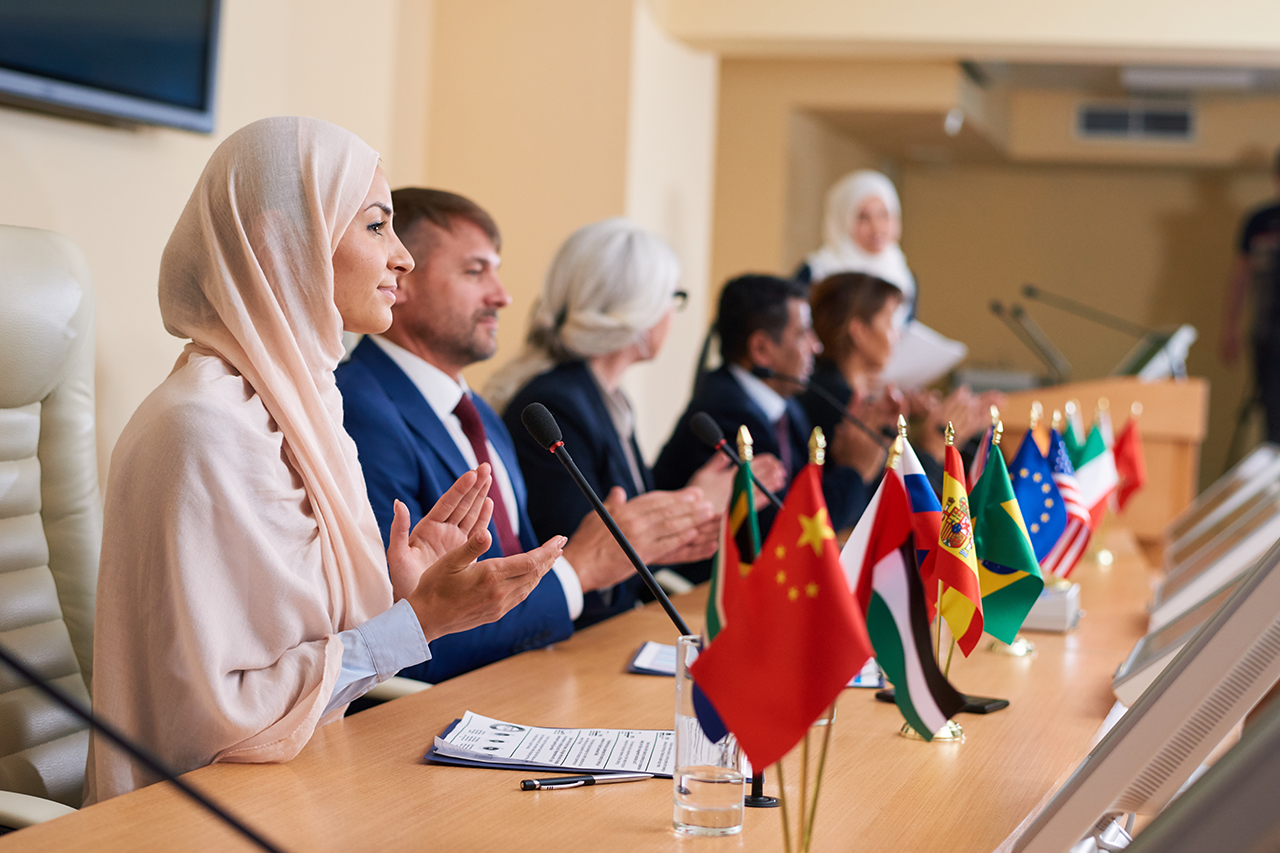Careers Opportunities After Master’s in International Relations
December 19, 2024 2025-01-08 11:57Careers Opportunities After Master’s in International Relations

Careers Opportunities After Master’s in International Relations
A Master’s in International Relations (IR) opens up a world of career possibilities in an increasingly interconnected and dynamic global landscape.
With the rapid evolution of international systems, the rising influence of non-state actors, and the growing importance of digital and climate diplomacy, professionals with expertise in IR are in high demand across various sectors.
From diplomacy to intelligence, global organizations to NGOs, and multinational corporations to media, a Master’s in IR equips graduates with the skills to thrive in diverse career paths.
Here’s a closer look at some exciting opportunities, particularly for those seeking careers in India.
One of the most traditional yet prestigious career paths for IR graduates is diplomacy. As a diplomat or foreign service officer, you represent your country’s interests abroad, engage in negotiations, and shape foreign policy.
Opportunities within embassies, consulates, and organizations like the United Nations (UN) allow professionals to address global issues such as security, trade, and human rights. A notable example is Syed Akbaruddin, India’s former Permanent Representative to the UN, who skilfully navigated complex international issues and showcased the power of effective diplomacy.
In India, the Indian Foreign Service (IFS) offers a prestigious career path where officers promote India’s geopolitical interests, negotiate trade deals, and increasingly engage in digital diplomacy on platforms like Twitter.
Moreover, with rising global tensions and cyber threats, intelligence and national security have gained renewed importance. IR graduates can find roles in agencies like India’s Research and Analysis Wing (R&AW), focusing on analysing security threats, counter-terrorism strategies, or diplomatic outreach.
Ajit Doval, India’s National Security Advisor, exemplifies how expertise in global affairs and strategic planning can shape national defence policies. Additionally, the increasing focus on cybersecurity highlights the importance of IR professionals with knowledge of cyber policy and tech diplomacy in safeguarding national interests.
Many IR graduates pursue careers in global organizations like the UN, World Bank, or International Monetary Fund (IMF).
These institutions address large-scale issues, including poverty, education, and humanitarian relief. In India, organizations like the United Nations Development Programme (UNDP) and the International Labour Organization (ILO) offer roles ranging from policy analysts to programme managers.
These positions allow professionals to influence international policy, contribute to conflict resolution, and drive economic development.
NGOs provide impactful career options for IR graduates, addressing issues such as human rights, public health, environmental protection, and refugee support.
Professionals can work as programme managers, policy analysts, or advocates, directly driving change in vulnerable regions. Sunita Narain, an environmentalist and director of the Centre for Science and Environment (CSE), exemplifies a successful career in the NGO sector.
Her work in sustainable development and environmental advocacy highlights how IR graduates can drive meaningful change on global issues. Multinational corporations (MNCs) are increasingly hiring IR professionals to manage global operations, navigate trade relations, and ensure compliance with international regulations.
Careers in global affairs strategy, public relations, or corporate social responsibility (CSR) initiatives enable IR graduates to address the intersection of business and international politics.
Risk analysis is integral to international relations careers, enabling professionals to navigate uncertainties in politics, economics, cybersecurity, and environmental crises. Whether addressing political instability, analyzing economic risks, or mitigating cybersecurity threats, risk assessment is critical for informed decision-making.
 For those passionate about storytelling and analysis, international journalism offers an exciting career path.
For those passionate about storytelling and analysis, international journalism offers an exciting career path.
IR graduates bring a nuanced understanding of global politics to roles as reporters or analysts for major media outlets like BBC, CNN, or Al Jazeera. They cover international events, from conflicts to climate change, providing critical insights to global audiences.
Additionally, multiple Indian universities offer Master’s programmes in IR which focus on diplomacy, foreign policy, and global governance, preparing students for impactful careers.
Graduates can work with Indian and international organizations, NGOs, or corporations, leveraging their expertise to address global challenges.
A Master’s in International Relations offers more than theoretical knowledge—it provides the skills and insights to influence global issues and create meaningful change.
From diplomacy and intelligence to global organizations, NGOs, and the corporate world, this degree unlocks dynamic career opportunities.
For students in India, the increasing demand for expertise in diplomacy, international business, and humanitarian work ensures ample opportunities across sectors.
By leveraging these skills and understanding global trends, IR graduates can embark on impactful and fulfilling careers in this ever-evolving field.
Related Posts
Search
Categories
Popular Tags
Popular tags


